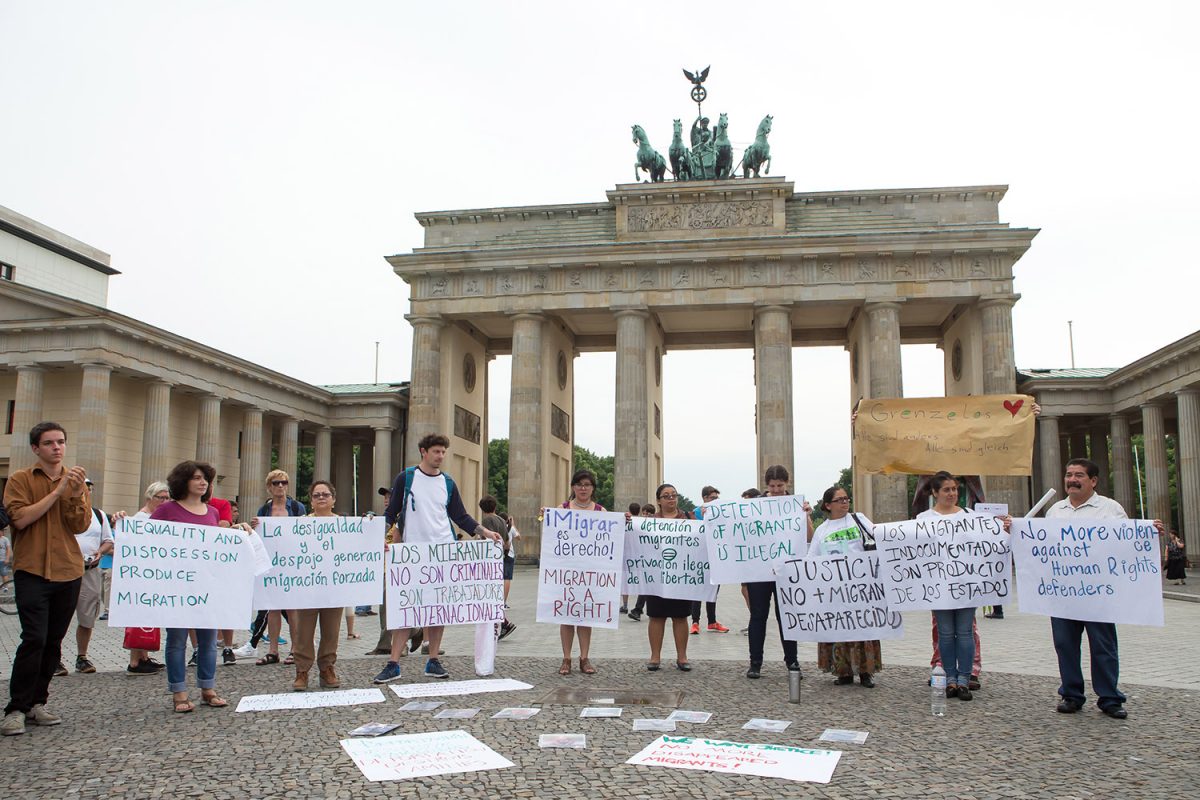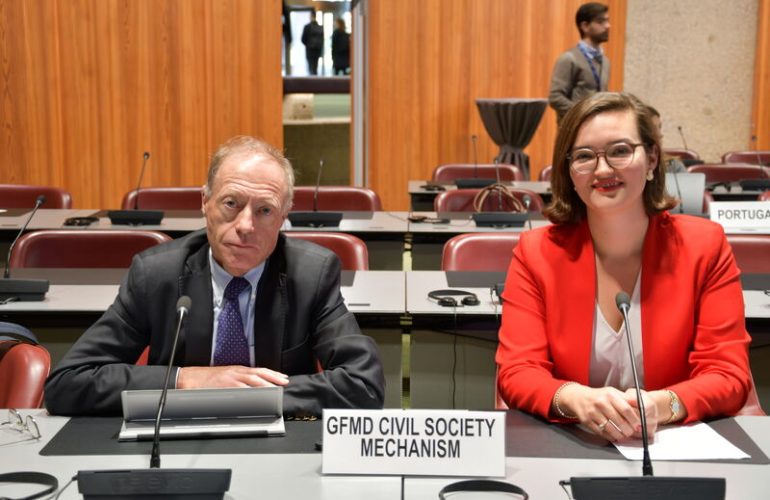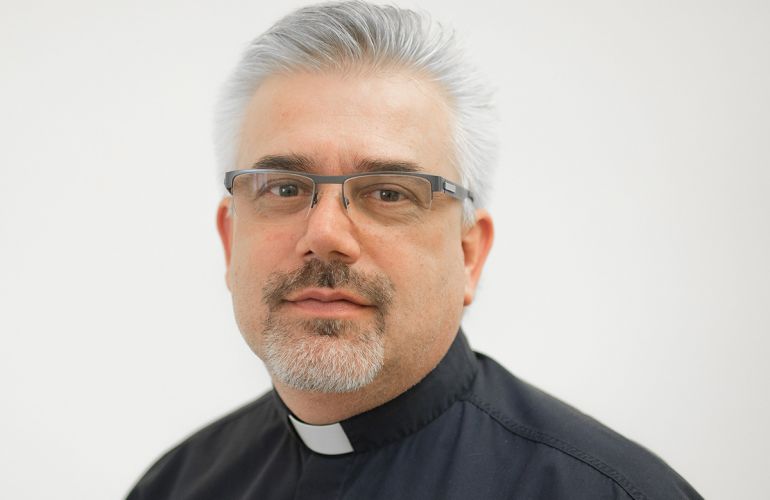Civil Society Prepares to Advocate for Migrants Rights at Global Forum in Quito

Ahead of the Global Forum on Migration and Development summit taking place in Quito, Ecuador in November, ICMC Director of Policy Stéphane Jaquemet updated government representatives about the preparations underway and the unmet needs of civil society participation.
The theme of the Civil Society Day at the Global Forum on Migration and Development (GFMD) will be the contribution of civil society organizations to shaping the governance of migration through robust implementation mechanisms and partnerships with migrants and communities.
In Quito, civil society organizations will advocate for access to services for all migrants based on their rights as human beings and migrants. They will as well lobby for the end to the criminalization of migrants and people assisting them.
Other topics to be brought to the table are climate-induced displacement, mixed migration movements, safe labor migration and decent working conditions as well as regular admission pathways and regulation processes.
Across all these issues, civil society organizations will seek to highlight child rights and the contribution of youth, gender-sensitive approaches, the inclusion of the diaspora and countering negative narratives around migration.
Mr. Jaquemet shared the plans of civil society organizations at a Friends of the Forum meeting in Geneva on Wednesday, 11 September. The Global Forum on Migration and Development is an informal space for States to exchange and build consensus on migration and development-related issues. It includes civil society organizations, private sector, local authorities and UN agencies.
Civil society organizations are extremely keen to participate in the Forum, Mr. Jaquemet reported, with some 1,400 applications received. The ongoing selection of the 220 representatives seeks to ensure fairness, transparency and a diversity of representation and voices.
Mr. Jaquemet thanked the governments of Germany, Switzerland, United Arab Emirates and Canada for their funding of civil society participants. He urged other governments to contribute the USD 100,000 that are still absolutely needed.
“Our focus is to ensure, in particular, that women leaders, migrants, youth and grassroots organizations are well represented,” he said. “Unfortunately, without financial support, the diversity of representation cannot be guaranteed.”
On 18 November, the day before the GFMD summit, the independent People’s Global Action on Migration, Development & Human Rights meeting will take place in Quito. The event gathers migrant associations, migrant rights organizations, trade unions, faith groups and academia. Its purpose is to share information, dialogue, strengthen analyses and develop joint actions and campaigns on current and emerging issues related to migration.
Through the Global Forum, States and civil society organizations are able to discuss challenges related to migration and development, share experiences and enhance practical cooperation for change. Every year, the Forum’s activities culminate with a week-long summit, which in 2019 will take place in Quito, Ecuador, from 19-22 November.
Since 2011, the International Catholic Migration Commission has coordinated the activities of the global civil society in the preparation of and during the GFMD.
Created in 2006 by the then-Secretary General of the United Nations Kofi Annan, the Forum has seen its role strengthened since December 2018 with the adoption of the Global Compact for Migration (GCM). The Compact is an international agreement, adopted by over 150 states, which aims to create better living conditions for millions of migrants worldwide.
The GCM acknowledges the Forum as “a space for annual informal exchange on the implementation of the Global Compact” and invites it to report findings, best practices and innovative approaches to the International Migration Review Forum – the UN mechanism to review the GCM’s implementation.
- Read the Civil Society statement.


